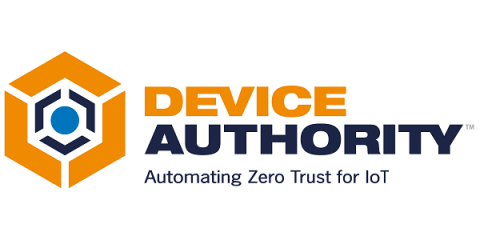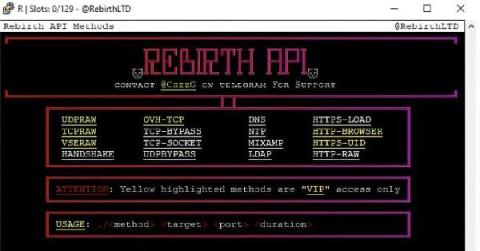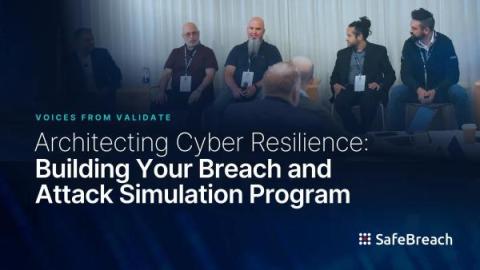Combating the DDoS IoT Threat: Strategies to Protect Your Connected Devices
In the realm of IoT, DDoS attacks are not just a threat but a harsh reality. This article cuts through the complexity of DDoS IoT threats, offering a clear understanding of how IoT devices are hijacked for DDoS attacks and presenting actionable strategies to protect these devices. From recognising vulnerabilities to implementing robust defences, we provide the insights you need to secure your network against the dire consequences of DDoS attacks.











